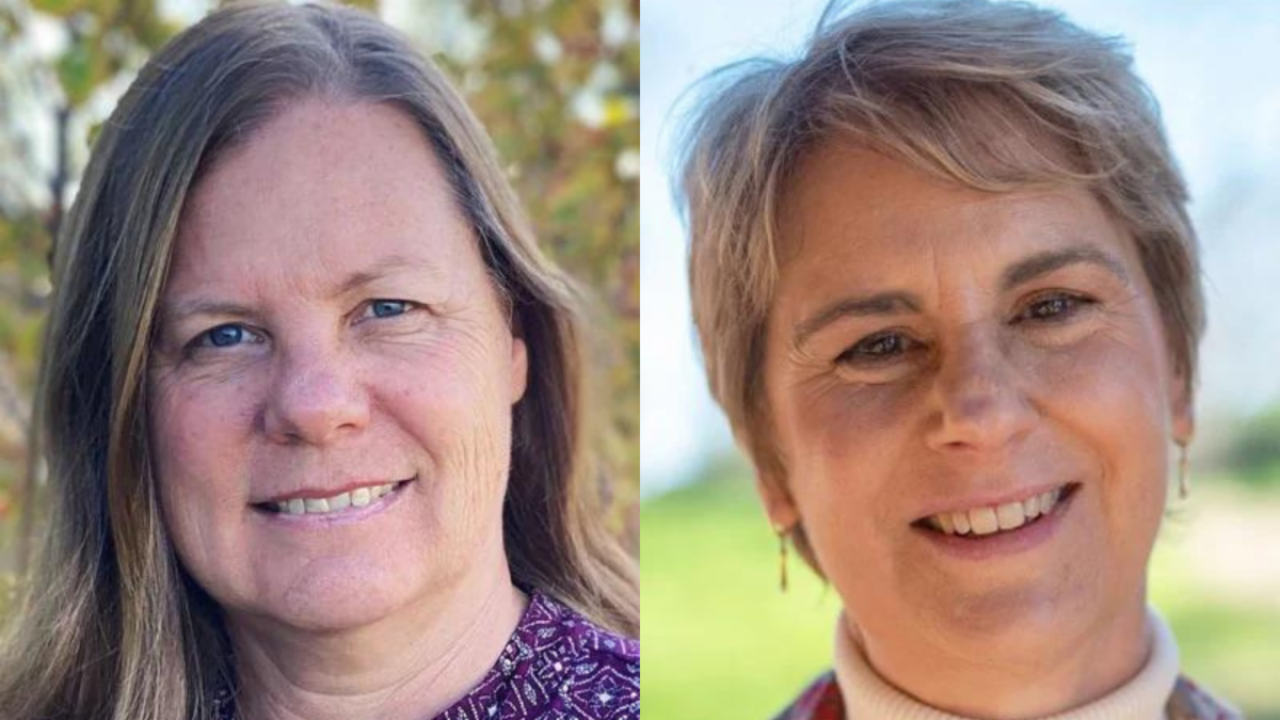
Professors Danika Bannasch and Pamela Lein Elected as AAAS Fellows
Professors Danika Bannasch and Pamela Lein are among eight faculty from UC Davis elected as new fellows of the American Association for the Advancement of Science (AAAS). These 506 recently elected fellows are scientists, engineers and innovators who have been recognized for their achievements across disciplines ranging from research, teaching and technology, to administration in academia, industry and government, to excellence in communicating and interpreting science to the public.
Bannasch was chosen “for contributions across the study of genetics and genomics for the benefit of animal and human health, and service to the profession.” As the Maxine Adler Endowed Chair in Genetics, Bannasch focuses her research on the identification of molecular causes for inherited diseases in dogs and horses. Her laboratory has identified the DNA changes responsible for lethal white foal syndrome, hereditary equine regional dermal asthenia, hyperuricosuria, juvenile Addison’s disease, Alaskan husky encephalopathy, cleft palate, cleft lip and palate, and spinal dysraphism.
Important research findings have also led to novel animal models for corresponding human diseases. By studying naturally occurring diseases in animals, the Bannasch Laboratory is discovering a triad of significant advances: the development of diagnostic tests to aid animal breeders; the identification of novel genes and pathways as candidates for human disease; and an understanding of basic molecular mechanisms of disease.
Lein was honored “for exceptional contributions to research in environmental toxicity and for sustained activity in advising and mentoring.” As a neurotoxicologist, Lein also serves as director of the CounterACT Center of Excellence.
Research studies in Lein’s laboratory include identifying novel therapeutic approaches for preventing brain damage following exposure to chemicals that cause seizures; understanding the cellular and molecular mechanisms by which environmental factors interact with genetic factors to increase risk for neurodevelopmental disorders, such as autism spectrum disorders, and neurodegenerative diseases, such as Alzheimer’s disease, and determining how pesticides alter communication between nerves and immune cells in the lung to cause airway hyperreactivity, which is a major symptom of asthma.
Her research involves diverse model systems ranging from primary neuronal cell culture to zebrafish to rodent models, and multiple techniques ranging from cellular and molecular techniques to in vivo imaging to behavioral studies. She has mentored numerous graduate students and postdoctoral scholars in her laboratory, many of whom have gone on to leadership positions in pharmacology and toxicology.
An induction ceremony for the new fellows is scheduled during the AAAS’ annual meeting, to be held this year in Washington, D.C., March 2-5.
AAAS was founded in 1848 and has become the world’s largest general scientific society. The publisher of Science and other journals, the society’s mission is to “advance science and serve society” through initiatives in science policy, international programs, science education, public engagement and more.
Read more about the other UC Davis AAAS Fellows.
